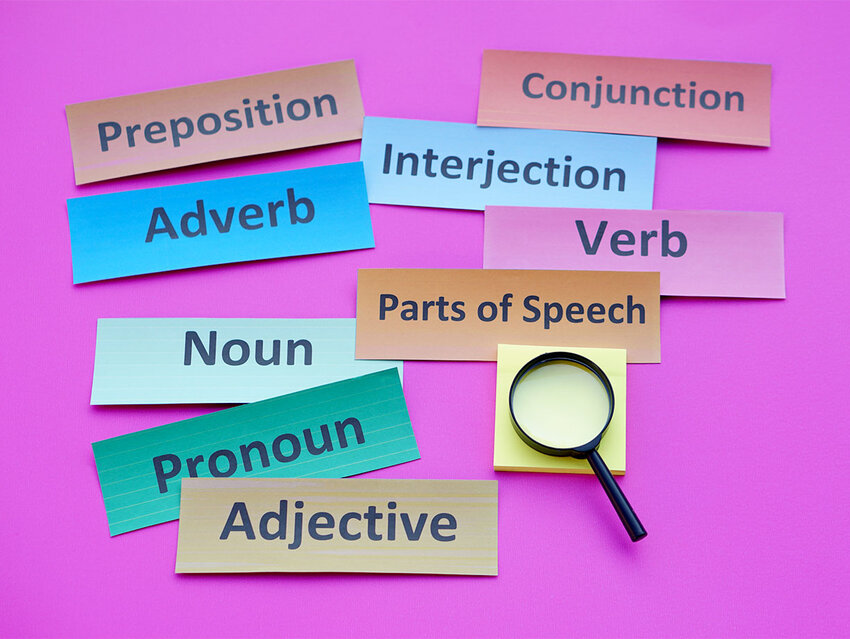
Countervail
[kown-tər-VEIL]
Part of speech: verb
Origin: Late Middle English, 1350s
1.
Offset the effect of (something) by countering it with something of equal force.
Examples of Countervail in a sentence
"The dentist hoped the new toothpaste would countervail the candy’s effect."
"As a skilled debater, Andy was familiar with countervailing arguments."
About Countervail
Countervail developed in Late Middle English by way of the Anglo-Norman French word "contrevaloir." This word is derived from the Latin term "contra valere" ("be of worth against").
Did you Know?
As simple machines (levers, pulleys, etc.) developed, the first scales worked very similarly to how a seesaw works. However, as scales grew more complex, being able to accurately balance items on both sides of the scale became an important development. Merchants could ensure that they were buying and selling the right amount every time by using rocks and other materials to countervail what was being weighed. This countervailing method allowed for more specific weights and measures using a scale.








